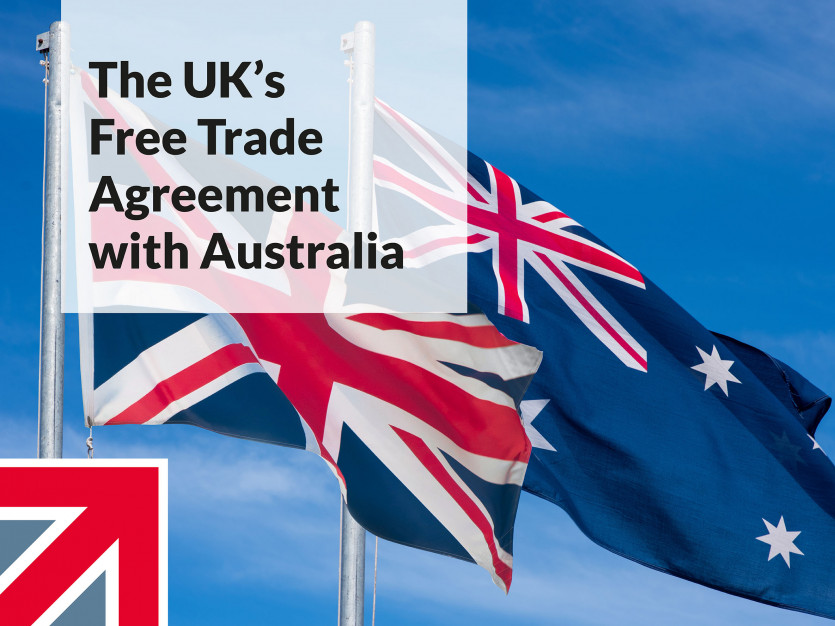The UK’s Free Trade Agreement (FTA) with Australia came into effect on 31 May 2023, marking a significant milestone in Britain’s post-Brexit trade strategy.
The FTA will remove all customs duties on UK originating exports to Australia, making it cheaper to sell products made in Britain to this market (and vice-versa), be they in health, food and drink, defence or any other sector. This will support industries that, according to the Department for Business and Trade (DBT), employed over 3.2 million people in the UK in 2021.
Concerns have however been raised about the potential impact on certain sectors. Some argue that increased competition from Australian imports will harm UK farmers, while others express worries about the ecological consequences of increased trade.
5-point explainer for British manufacturers:
1. Qualification
To qualify for zero tariffs, your company will need to prove that your goods are made (or ‘originate’) in the UK. The steps are:
> Finding your Commodity Code
> Determining Rules of Origin
> Proving Rules of Origin
> Filing Documentation
Please refer to the Australia Rules of Origin guidance for more detailed information and Australia Rules of Origin quick guide for an overview of the process here
2. Customs
New simplified data and documentation requirements will help to ensure goods exit customs quickly, provided all requirements have been met. Before exporting their goods, businesses can request a legally binding, written decision from the relevant customs authority on the tariff classification and origin of their product. Either the exporter or importer may apply for an advance ruling. For more information on customs, please see the FTA customs guidance here.
3. Regulations
Information on regulations that apply to your industry can be found here. These list the legal, operational and business obligations your business must follow, including industry codes of conduct. These include information on licences to sell certain goods, labelling and standards of conduct or specific tax measures that may apply to your business.
4. Tax
The Australian Border Force regulates all goods imported into Australia. Your company will need to provide import declarations and documents and pay all relevant duties and taxes.
Goods and Services Tax (GST) is a tax on most goods and services in Australia. The current GST rate is 10%.
5. SMEs
Over 90% of Made in Britain members are small to medium sized enterprises (SMEs). The FTA also includes ‘SME-friendly provisions’ that will be directly or indirectly helpful to SMEs looking to trade. DBT resources specifically for SMEs include:
> International Trade Advisers (ITAs) can support SMEs to build their exporting capability: More information
> The Export Academy offer bespoke training programme and digital tools: More information
> UK Export Finance helps to ensure no viable UK export fails for lack of finance or insurance: More information
More information
For more information on any of the above and wider, please click here
There are also sector specific explainers provided by DBT for each of:
> Automotive
> Food and drink
> Life sciences
> Specialised machinery
If you are a Made in Britain member that has experience of exporting to Australia, Made in Britain would love to hear about it. Or, if you would like to make contact with George Middleton, Principal Consultant at MAP and Advisor to Made in Britain on government and international trade - please email: trade@madeinbritain.org.
